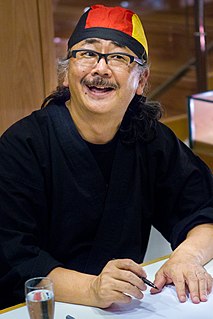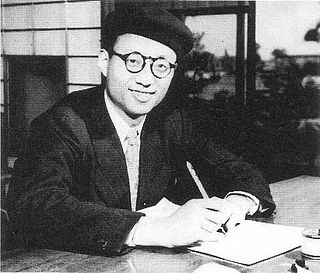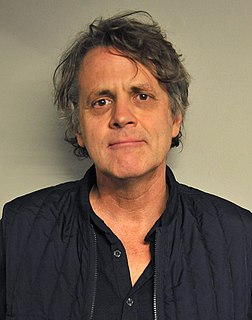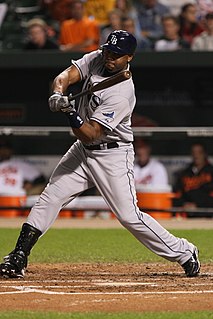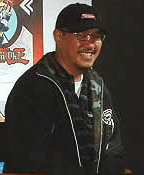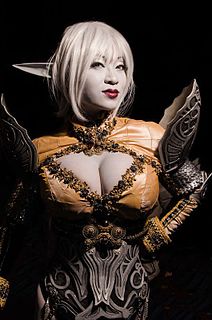A Quote by Nobuo Uematsu
Games are considered to be in the sub-culture category, coming under movies, coming under manga or comics or animation, especially in Japan.
Related Quotes
You look at Japan and Hayao Miyazaki's films are the biggest films ever made in Japan; domestically there and they play to critical acclaim around the world. He won't put more then 5 or 10 percent computer imagery in his movies. It's disappointing to me. It's a silly choice that some studios made to move out of animation. It's part of the unfortuneate preconception that I think the public has going into see animation.
I recently wrote a piece on comics in architecture - I was talking about the three kinds of comics I pay attention to: the Franco-Belgian, the Japanese manga, and the American comics. I started thinking about the relationship between Japanese manga and Japanese architecture, or Franco-Belgian bande dessinée versus Franco-Belgian architecture, it began to make sense; there are parallels to the modes of operations and the cultures they belong to. If I didn't force myself to write, I would have no forum to clarify these thoughts. Writing is really helpful.
I’ve always thought that if comics are a part of pop culture [then] they should reflect pop culture, but a lot of the time comics, superhero comics especially, just feed on themselves. For me, comics should take from every bit of pop culture that they can; they’ve got the same DNA as music and film and TV and fashion and all of these things.
